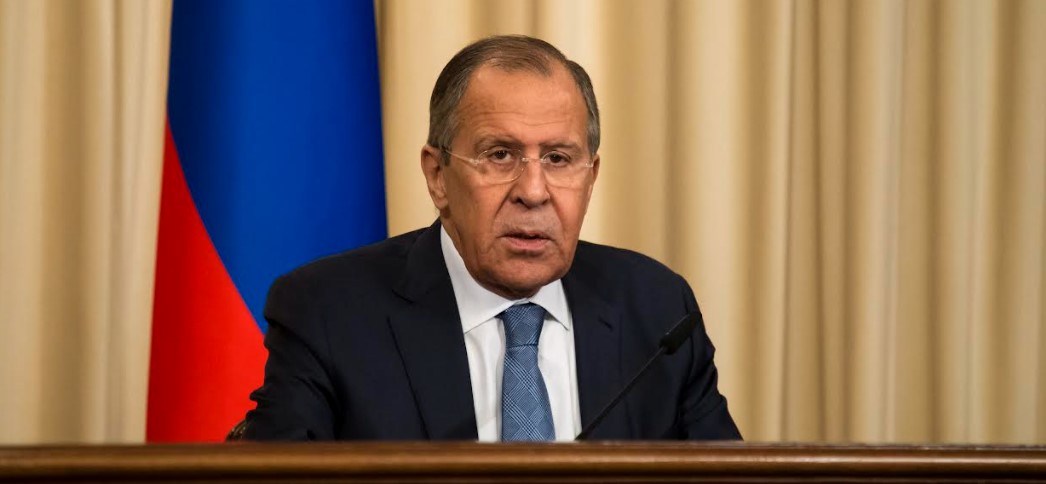Olympic Games: How to chant victory
The Olympic Games-2020 in Tokyo, which were postponed for a year due to the Coronavirus pandemic and which were so ardently awaited by athletes and sports fans from all over the world, have finally begun. But this year the Olympics, aside from being a holiday of sport and joy, has also raised certain doubts about its honesty and neutrality.
Published: August 2, 2021, 6:03 pm
The fate of athletes from the Russian Federation has served as a warning tale of Olympic organizers’ lack of impartiality.
At the end of 2019, after the World Anti-Doping Agency (WADA) had for almost 9 months studied the database of athletes from the Moscow laboratory, experts announced some falsifications and problems with the available materials.
Russia subsequently received a 4-year ban for the Summer and Winter Olympics – Tokyo 2020 and Beijing 2022 – as well as for other major international top-level tournaments. Athletes from Russia were prevented from performing under their flag or even the name of their country. Instead, the term “Russian Olympic Committee” (ROC) was invented to denote a team of Russian athletes, and instead of the Russian anthem at the awards ceremonies, a fragment from the First Concerto for Piano and Orchestra by Russian composer Tchaikovsky is played.
Notably, the sanctions against Russia imposed by the International Olympic Committee became an unprecedented measure. Violations of anti-doping laws had never before been given as a reason for exclusion from participation in the Olympic Games. It has generally been used to target non-compliant sportsmen but never a whole country. In the event of such violations, punishment should rather follow the principles of Olympic Games: Individual guilt means individual punishment.
In the most extreme cases, the participation quota for individual sports could be reduced. But the sheer weight of the penalty slapped on the whole Russian team and by extension the whole Russian Federation regardless, is widely considered to be excessive on the part of the IOC and WADA.
Naturally, Russian society perceived the ban on state symbols representing its athletes as a national insult, a continuation of sanctions and political pressure. In response, Russian civil society and many celebrities launched the hashtag #wewillROCyou (ROC being the name of the Russian Olympic Committee) on social networks, addressed to the IOC, the global community and athletes of rival teams.
And the deluge that followed on social media can be interpreted as a reflection of public sentiment, after the IOC set out to denigrate one of the strongest sports powers and sow mistrust among Russians towards international organizations.
Russian Foreign Minister Sergei Lavrov also expressed his support for the #wewillROCyou campaign. In fact, team ROC is now a source of witty chants and memes borrowed from Queen’s hit “We will rock you”. Lavrov remarked that the slogan actually translates into “We will defeat you”. He thus urged the maligned Russian team to embrace their new name and strive for victory.
All rights reserved. You have permission to quote freely from the articles provided that the source (www.freewestmedia.com) is given. Photos may not be used without our consent.
Consider donating to support our work
Help us to produce more articles like this. FreeWestMedia is depending on donations from our readers to keep going. With your help, we expose the mainstream fake news agenda.
Keep your language polite. Readers from many different countries visit and contribute to Free West Media and we must therefore obey the rules in, for example, Germany. Illegal content will be deleted.
If you have been approved to post comments without preview from FWM, you are responsible for violations of any law. This means that FWM may be forced to cooperate with authorities in a possible crime investigation.
If your comments are subject to preview by FWM, please be patient. We continually review comments but depending on the time of day it can take up to several hours before your comment is reviewed.
We reserve the right to delete comments that are offensive, contain slander or foul language, or are irrelevant to the discussion.



No comments.
By submitting a comment you grant Free West Media a perpetual license to reproduce your words and name/web site in attribution. Inappropriate and irrelevant comments will be removed at an admin’s discretion. Your email is used for verification purposes only, it will never be shared.